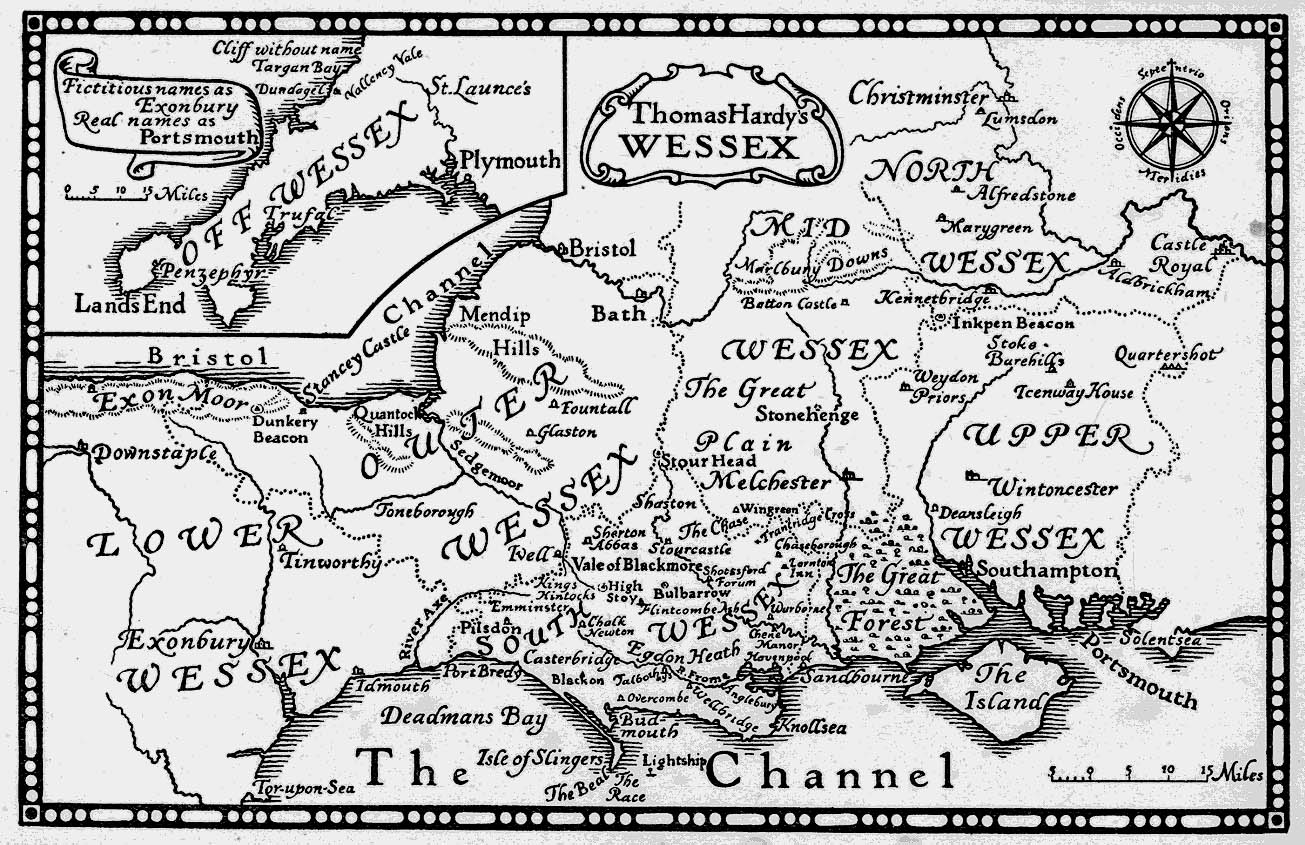In his writings set in the fictional landscape of Wessex, named after the medieval Anglo-Saxon kingdom in south and southwest England, Victorian writer Thomas Hardy (1840-1928) undertakes a profound examination of human emotions and social circumstances. In these narratives, the land itself serves as a symbol of the shared environment that sustains and unites the characters as a collective engaged in labour. However, this sense of collectivity is threatened not only metaphorically, but also in the form of actual dispossession and enclosure, as characters are forcibly evicted from their homes and forced into nomadic lifestyles.
As we travel through Hardy's fiction, our seminar explores a prominent theme in contemporary critical thought: the concept of the commons and the enclosure of shared communal spaces and resources. The commons is closely tied to the complex notion of nostalgia for the village community, a force that shapes the very fabric of British identity. We will trace the intersection of these themes with class dynamics and the structures of Victorian society in the context of Hardy's writing. Specifically, we will focus on his novels Far from the Madding Crowd (1874) and The Woodlanders (1887), along with some of his short stories. Through these texts, we will analyse Hardy's topographical prose and his portrayal of class distinctions; anxieties stemming from social, cultural, and economic shifts; and the intricate bonds weaving individuals, their social environments, and the natural world together. Our expedition also unveils the medievalist undercurrents coursing through Hardy's fictional Wessex, a place he dubs "partly-real, partly dream-country".
Picture:
This
is a map depicting Hardy's fictional Wessex, drawn by the author and engraved
by Emery Walker (1912).

- Lehrende(r): Boll Julia